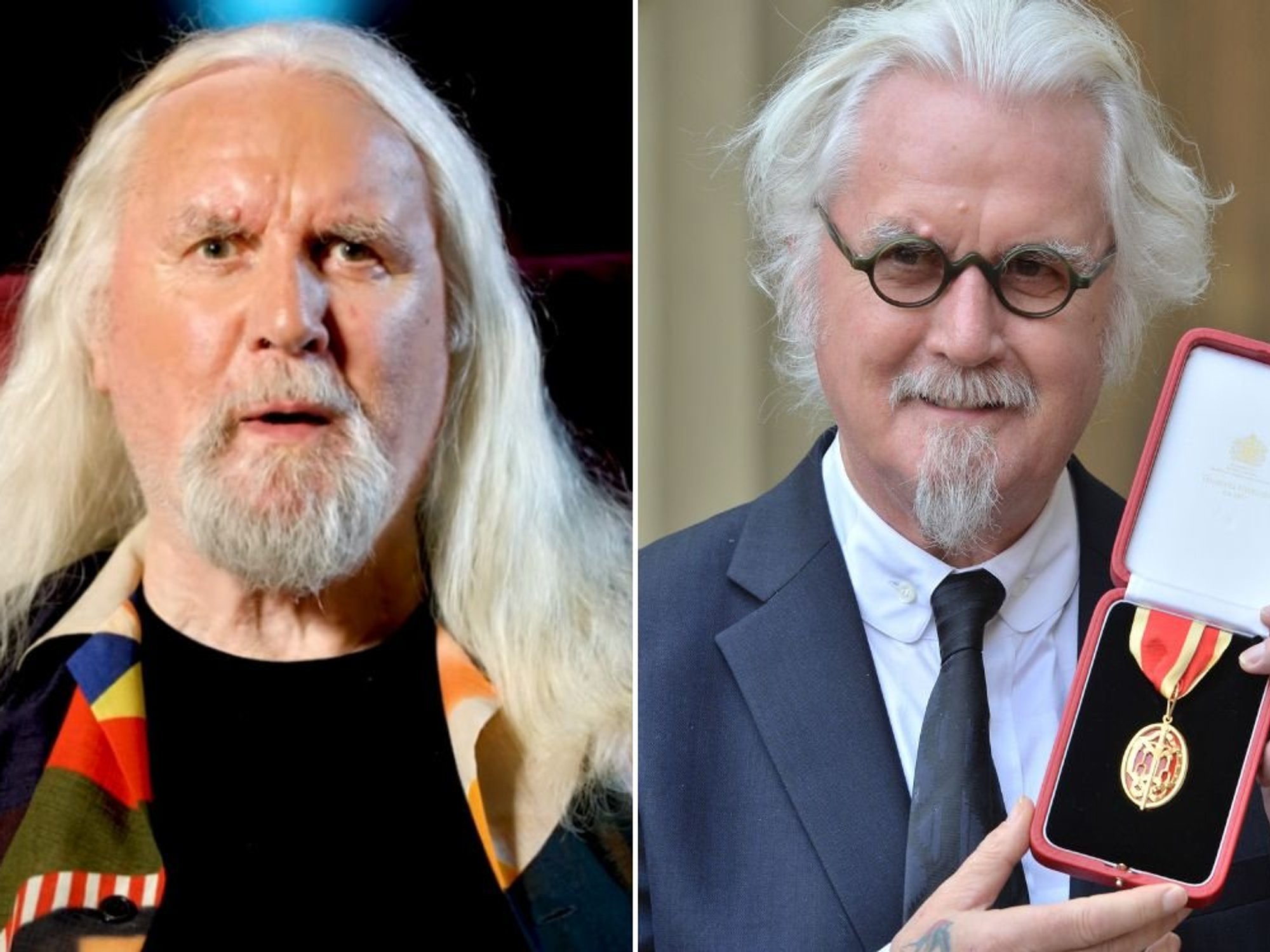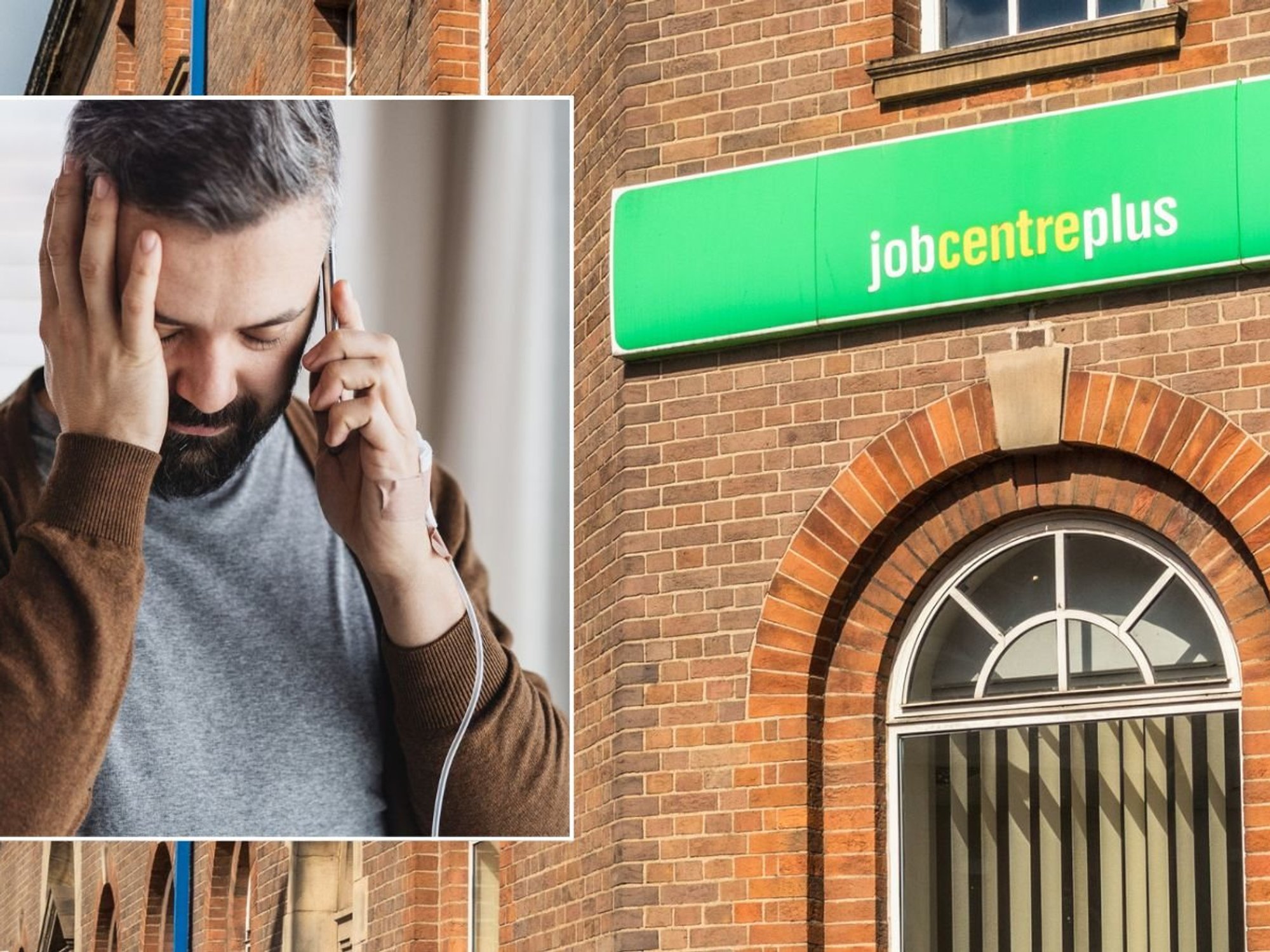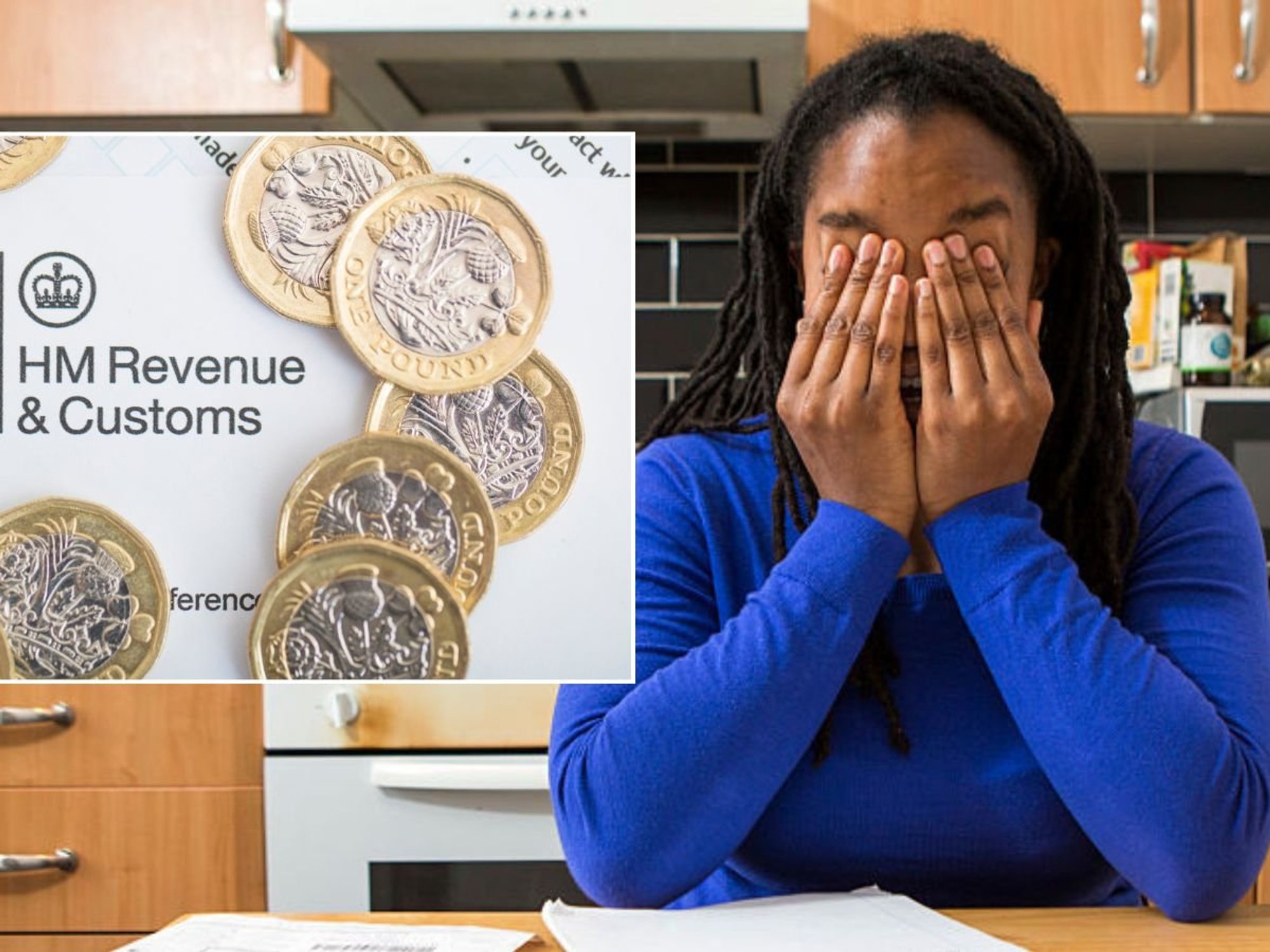Don't be fooled, Labour is selling our crown jewels to feed our addiction to cheap Indian goods - Ben Habib
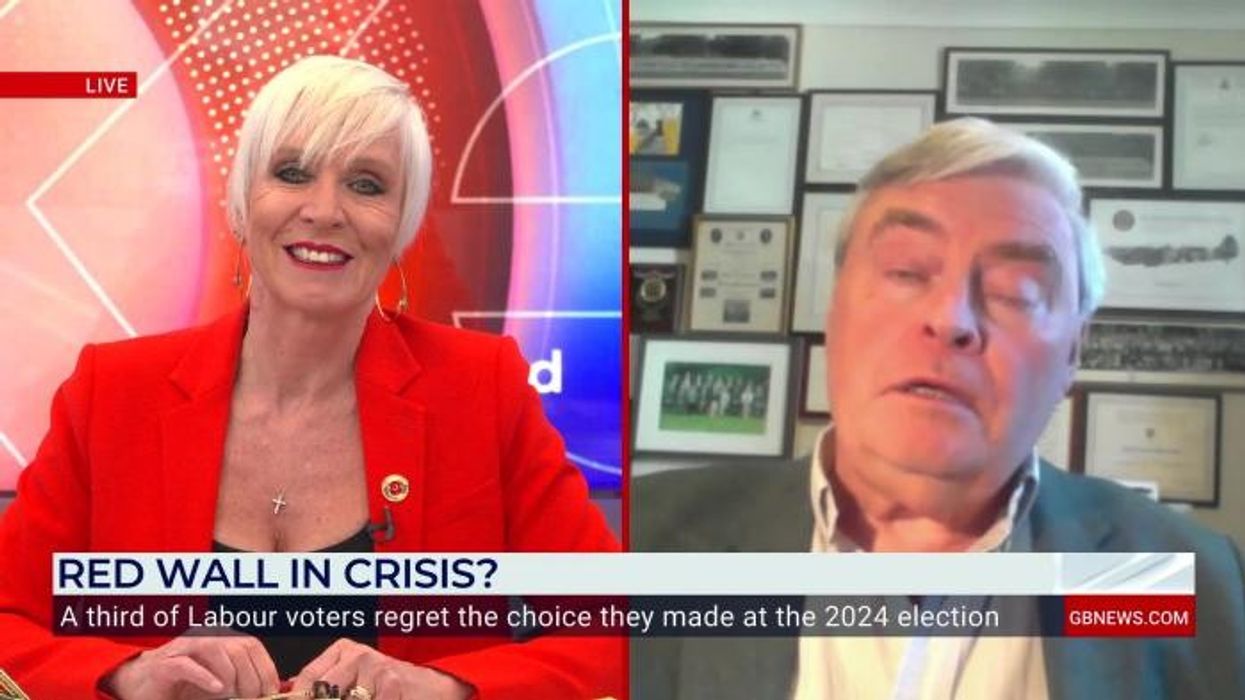
David Campbell Bannerman blasts Labour's 'pathetic' trade deals with US and India |
GB

OPINION: The Indian trade story is not unique. It applies to many of our trading partners
Don't Miss
Most Read
Latest
Such is the paucity of good news, both the “trade deals” with the USA and India are being trumpeted as massive steps forward for the UK. But are they?
In this first article of two, I look at the impact of the deal with India.
So, what is the point of global free trade?
Theoretically, it aims to maximise economic efficiency by allowing countries to specialise in producing goods and services where they have a comparative advantage, leading to lower costs, increased output, and great consumer choice. It is meant to foster competition, spur innovation and reduce prices by eliminating tariffs and barriers.
But what if one country in a trading relationship has a comparative advantage in virtually all respects? A country with fewer regulations, cheaper labour and lower taxes is likely to have a competitive edge in the production of most goods.
Such a country, say India, would be able to outcompete the UK, which is over-regulated, with expensive labour and energy, as well as being highly taxed. There are bound to be exceptions, such as high-tech, luxury, and branded products, but the overall edge would lie firmly with India.
Our trade with India already reflects such an imbalance. Total trade (exports and imports) amounted to £42.6billion in 2024, with the UK running a deficit of £7.6billion. That imbalance could only be corrected in one of, or a combination of, three ways:
- Sterling weakens to the extent necessary for Indian imports no longer to be attractive; and/ or
- The UK imposes tariffs on India, making its imports less attractive to British consumers; and/ or
- The UK cuts costs by deregulating and reducing domestic taxes to make its exports more attractive to Indian consumers.
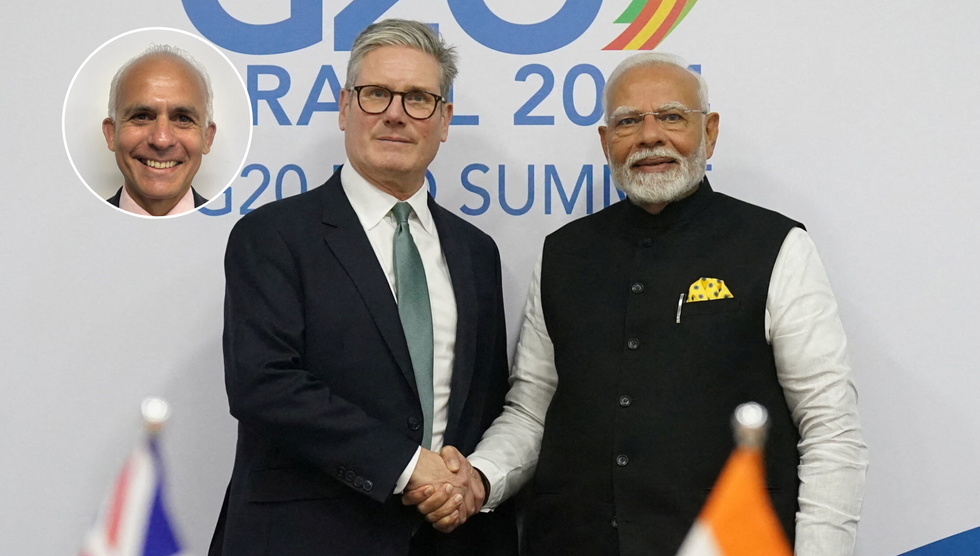
Don't be fooled, Labour is selling our crown jewels to feed our addiction to cheap Indian goods - Ben Habib
|Getty Images
The third way is really the only way competition may be fostered for the greater good. But, as we all know, this is unlikely to happen. The Labour Government is making our industry ever more expensive through new laws, its ideological obsession with net zero and increasing taxes.
That leaves us with a choice between the first two ways. Of those, we have already rejected imposing tariffs on India. We have instead reduced them. The trade imbalance with India is going to get worse.
It matters not that India is a rapidly growing market. We simply will not be able to exploit their market the way they will be able to exploit ours.
So, over time, India’s exports to the UK will grow, we will become ever more reliant on its cheap products, British jobs will be lost, the trade imbalance will become embedded, and Sterling will be under pressure.
The only release valves for Sterling will be for it to weaken, making us all poorer, and/ or selling British assets to India. Selling the crown jewels, as it were, to feed our addiction to cheap Indian goods.
The combination of our domestic policies and free trade with India is bound to damage the UK. There is nothing in the Indian trade deal about which we should be pleased. Such deals have resulted in the de-industrialisation of the UK and a loss of British jobs and competitiveness. Quite the opposite result to the one on which global free trade is justified.
This analysis stands without even taking into consideration the absurdity of giving Indian companies operating in the UK a holiday on the payment of National Insurance on the employment of Indian nationals. This tax break is said to be justified by the principle of avoiding double taxation. The reality is that it is a tax break for Indian businesses, making them even more competitive than UK ones, which have just been kicked in the shins with a higher National Insurance levy.
The Indian trade story is not unique. It applies to many of our trading partners, including the EU, albeit for slightly different reasons.
The main exception is the USA, with which we have a more balanced relationship. It is also our single largest trading partner.
More on that and the EU in my next article.






